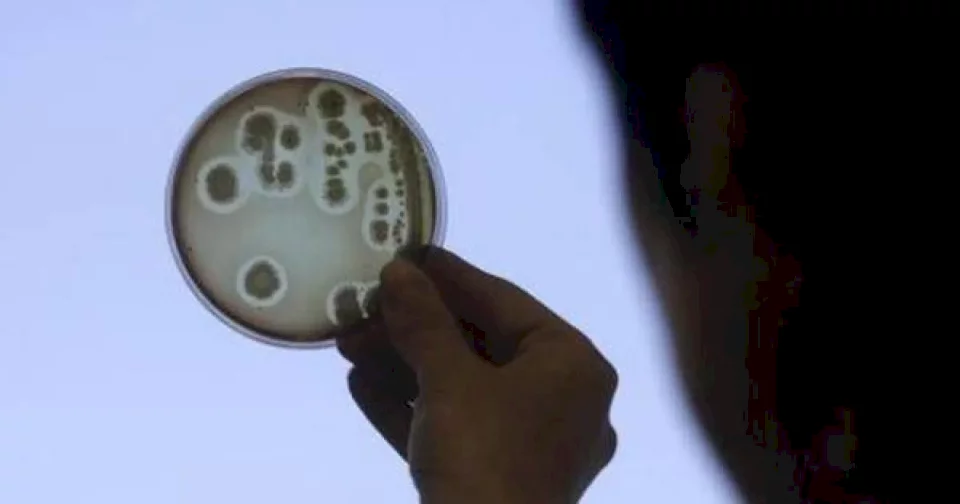
Discovery of a New Bacteria Capable of Absorbing Toxic Substances
SadaNews - Scientists have successfully discovered a new bacteria capable of absorbing toxic chemical substances that are harmful to the human body, known as "persistent chemicals," due to the inability to dispose of them.
"Persistent chemicals" refer to "perfluoroalkyl" substances, abbreviated as (PFAS), which pose a dilemma for scientists as they are harmful substances that enter the human body and cannot be eliminated.
According to a report published by the specialized site "Science Alert," which "Al Arabiya.net" has reviewed, a new study conducted by an international team of researchers has shown how various types of human gut bacteria can absorb and store (PFAS), and enhancing these types of bacteria in our bodies may prevent these chemicals from adversely affecting our health.
Kieran Patel, a molecular biologist at the University of Cambridge in the UK, states: "We found that some types of human gut bacteria have a remarkably high ability to absorb (PFAS) from their environment at various concentrations and store them in clusters within their cells."
He adds: "Due to the accumulation of (PFAS) in these clusters, the bacteria themselves appear to be protected from toxic effects."
Through detailed laboratory tests, researchers identified a total of 38 different gut bacterial strains capable of absorbing (PFAS) at various concentrations, with (Bacteroides uniformis), a fiber-digesting bacteria, being one of the best strains in this field.
In experiments on Escherichia coli bacteria, the team also discovered specific mechanisms that could increase or decrease the effectiveness of the bacteria in absorbing PFAS, which would be beneficial if this absorption can be biologically engineered in the future.
Researchers found that (PFAS) are effectively trapped inside the bacteria capable of dealing with these chemicals, as the bacteria cluster together in a way that reduces their surface area, potentially protecting the microorganisms from harm.
Other tests on mice, with nine types of these bacteria implanted in their intestines, showed that the microbes were able to absorb (PFAS) rapidly, which were excreted by the mice with their feces. As levels of (PFAS) increased, the microbes worked harder to absorb them.
Molecular biologist Indra Roe from the University of Cambridge states: "The fact is that (PFAS) are already present in the environment and in our bodies, and we need to try to mitigate their impact on our health now."
She added: "We have not found a way to destroy (PFAS), but our results open the door to developing methods to remove them from our bodies where they cause the most harm."
(PFAS) are found in everything from cosmetics to drinking water and food packaging, becoming an integral part of many manufacturing processes to the extent that it is almost impossible to avoid them completely. However, what remains unclear is the damage they may inflict on our bodies, although they have already been linked to several health issues, including kidney damage.
The ability of bacteria to remove (PFAS) from human bodies remains unclear. The researchers say it may be possible to develop dietary supplements to enhance the right mix of gut microbes and safely help eliminate (PFAS) from our bodies.

Birdwatching Tourism: Pleasure, Excitement, and Unexpected Scientific Discoveries

Dopamine Boosting and Attention Weakness: Beware of Digital Drugs Inside Your Phone

انطلقت منذ 20 عاماً.. ما لا تعرفه عن منصة "روبولوكس"

India Offers Tax Breaks Until 2047 to Attract Cloud Computing Giants

Do You Write To-Do Lists by Hand or on Your Phone? 9 Traits Distinguishing the First Group

Developments in the Health Condition of Actress Susan Badr

How Artificial Intelligence Steals Our Faces and Our Money?

